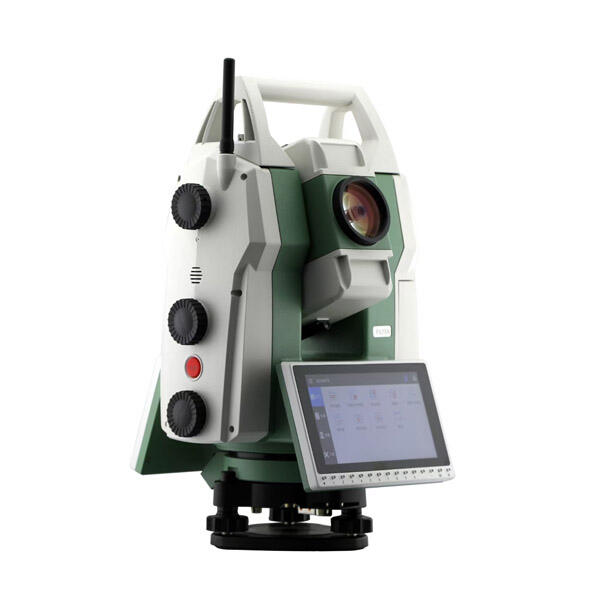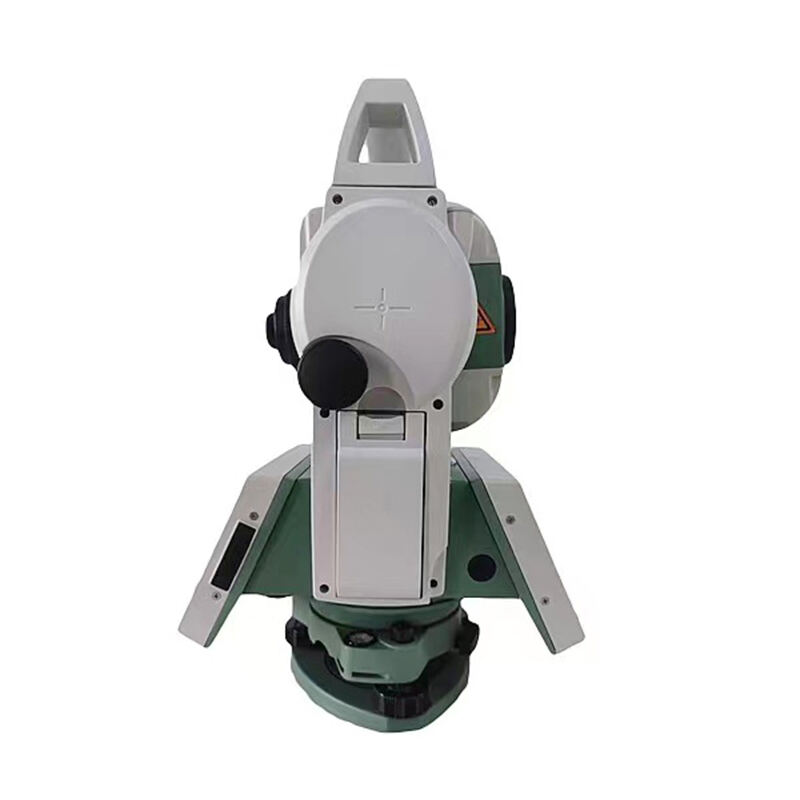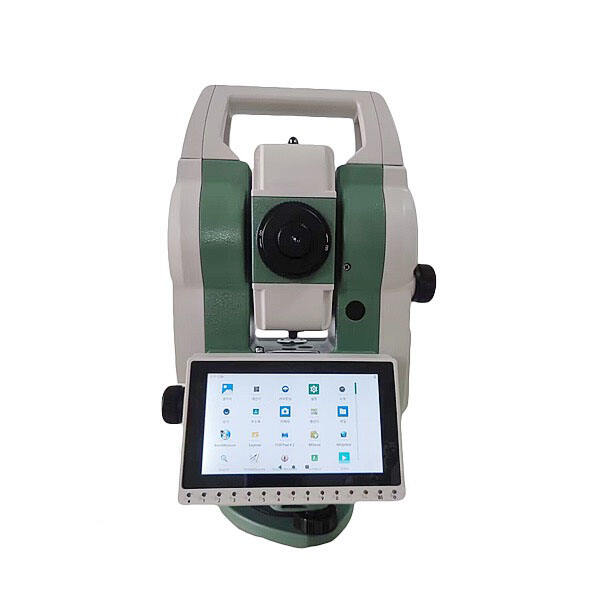gps total station
A GPS total station represents a groundbreaking advancement in surveying technology, combining traditional total station capabilities with integrated GPS functionality. This sophisticated instrument merges precise angle and distance measurements with satellite positioning systems to deliver comprehensive surveying solutions. The device features high precision electronic distance measurement (EDM), angle measurement systems, and GNSS receivers, enabling surveyors to perform both conventional and GPS surveys with a single instrument. The system operates by utilizing both optical measurements and satellite signals to determine precise positions, elevations, and coordinates. Modern GPS total stations are equipped with advanced software that can process data in real time, allowing for immediate verification of measurements and reducing the likelihood of errors. These instruments typically include features such as automatic target recognition, remote control capabilities, and wireless communication options for seamless data transfer. The technology proves particularly valuable in challenging environments where traditional surveying methods might be limited, such as urban canyons or areas with restricted satellite visibility. With their ability to switch between conventional and GPS modes, these instruments provide unparalleled flexibility and efficiency in various surveying applications, from construction layout to topographic mapping and as-built documentation.


